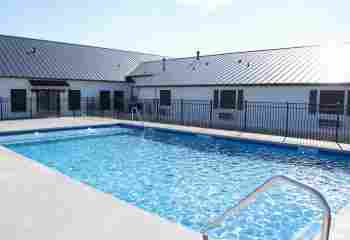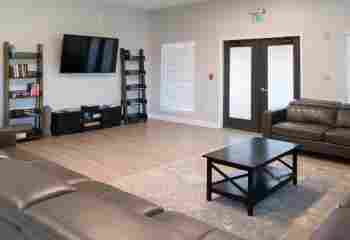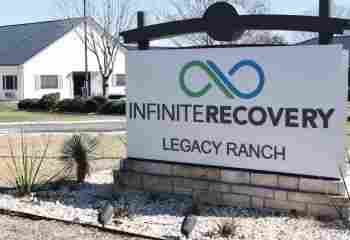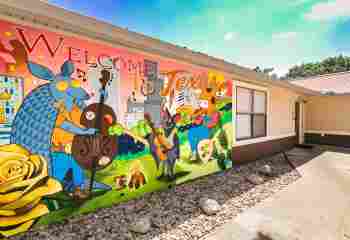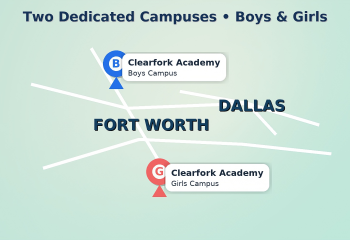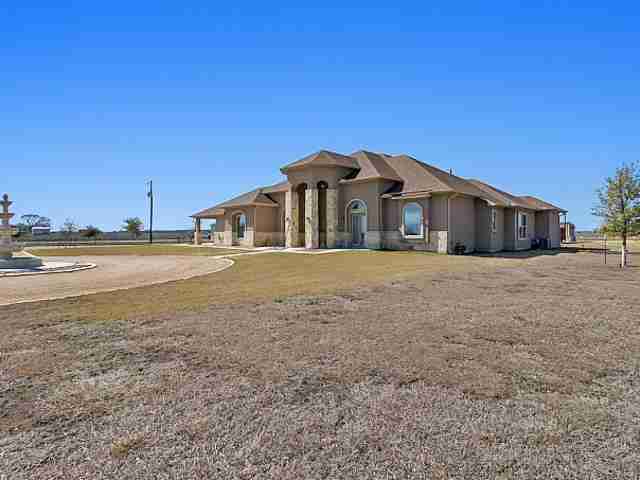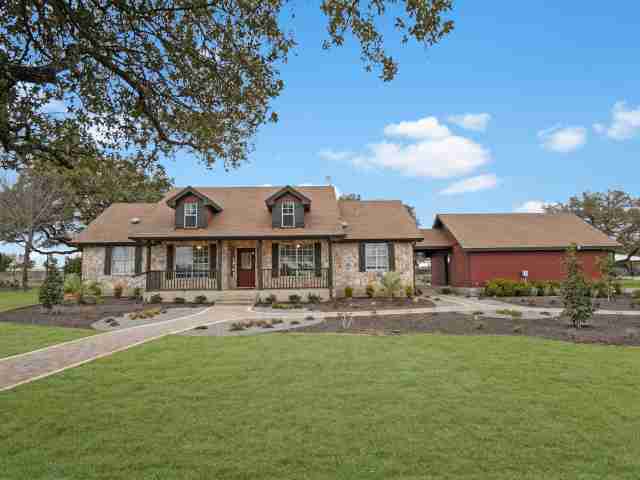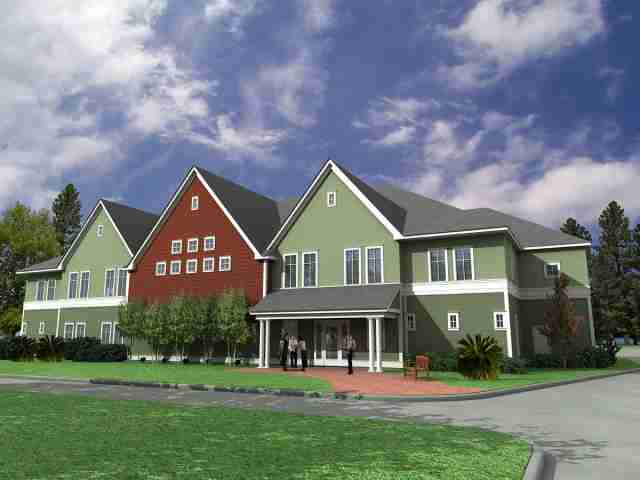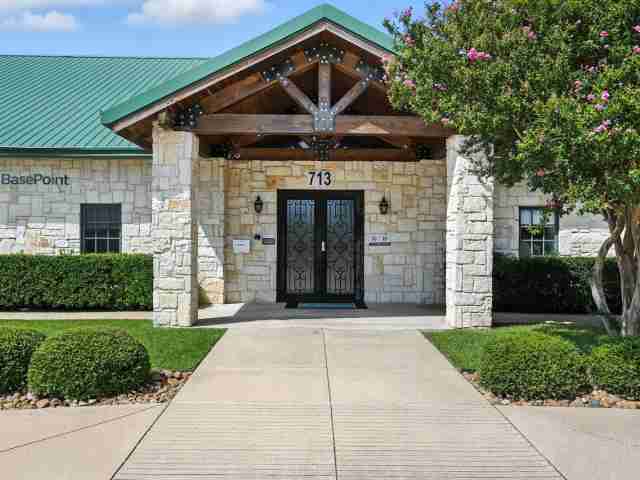More About Anger Treatment Centers
Anger comes with being human. It's an emotion characterized by feelings of annoyance, displeasure, hostility, or aggression. It can range from mild annoyance to intense rage, and it's usually caused by an injustice or frustration. But anger can overpower other emotions and damage your relationships, life, and well-being. Recognizing this in your own life can help you get the readily available, professional help you need.
Signs of Anger-Management Issues
Though feeling mad is natural, excessive or misplaced anger may require treatment. Here are a few signs you might have this type of anger:
- You throw, hit, or shake objects (or people) when enraged.
- Family, friends, or coworkers have brought up the severity of your anger. They may have also suggested treatment.
- You stew on what makes you mad and imagine getting revenge, or do get revenge.
- You yell and have outbursts equal to the sudden eruptions of your inner rage.
- Your loved ones have grown distant because of your unpredictable and hurtful anger.
- You unleash on strangers and employees. Some businesses may have you marked as an unwelcome customer.
- You may struggle to maintain healthy romantic relationships, or have one that's starting to strain.
- Your anger dominates all other feelings, making it hard or impossible to focus on anything else unless you can unleash it. Holding it in may feel exhausting.
Having these symptoms can take a heavy toll on your happiness, relationships, work, and overall well-being. But it doesn't have to stay that way.
Do Rehabs Treat Anger?
Yes, many centers focus specifically on treating mental health conditions, including excessive anger. Many other rehab centers treat co-occurring anger alongside substance use disorders. You can attend several levels of treatment for anger. These include:
- Outpatient, where you meet once or twice a week with others in treatment and your care provider.
- Intensive outpatient, where you meet 3-5 times a week for several hours at a time for more intensive care.
- Partial hospitalization, where you meet 5-7 times a week for a full day, or most of one.
- Residential, where you live in a rehab center for 28+ days and engage in treatment with a community of peers and treatment providers.
- Inpatient, where you live in a treatment center or hospital and receive 24/7 monitoring. This level of care may be necessary if you're prone to violent outbursts against yourself or others.
In each level of care, you'll likely receive 1-1 therapy with a therapist and participate in group therapy. The exact type of therapies used will vary based on your symptoms, medical history, age, and more. But you can expect to engage in one or more types of evidence-based therapy throughout your treatment.
Therapies for Anger Management
Studies show 75% of those in anger management therapy improve. Psychotherapies can help you manage explosive anger and improve your overall well being.
- Cognitive Behavioral Therapy (CBT): a form of psychotherapy that encourages you to challenge and change unhelpful thoughts, feelings, and behaviors.
- Interpersonal Therapy (IPT): a short-term form of psychotherapy that helps you identify and address interpersonal issues that may contribute to your depression.
- Dialectical Behavioral Therapy (DBT): an approach that combines elements of CBT and mindfulness to help you become more aware of your thoughts, feelings, and behaviors and when your anger comes out.
What Is Dual Diagnosis: Understanding Anger and Addiction
A dual diagnosis, or co-occurring disorder, is a mental health disorder that accompanies a substance use disorder.
Anger and addiction often co-occur, meaning that a person can suffer from both a mental health disorder (one connected to or causing their anger) and a substance use disorder (addiction) at the same time.
People with excessive anger may self-medicate with drugs or alcohol to try to manage their symptoms, which can lead to addiction.
In the US, over 9 million adults have a co-occurring disorder and half of those with a serious mental disorder have co-occurring substance use disorder.
To navigate anger, you and your care team may use a combination of therapy and medications. With the right treatment, you can manage anger and live a more comfortable, calm life.
Medications for Anger
Medications for anger target what's behind the aggressive feelings. This could be a mental health condition like depression, anxiety, or PTSD.
SSRIs (selective serotonin reuptake inhibitors) are an effective class of medications for depression and anxiety. Other forms of medications may be a better fit for you. Your doctor or psychiatrist will match you to an effective medication for your unique situation and diagnoses.
Finding the right fit may take time. Your prescriber may try different doses and different medication classes before your symptoms abate. Depending on your situation and symptoms, you may take medications for a few months or for a few years.
When talking to your doctor about medications, keep these questions in mind:
- How long will it take for me to feel the medication's effects?
- Will this medication, or class of medications, interact with any supplements or other medications I'm taking?
- What time of day should I take this medication?
- Can I take this on an empty stomach or do I need to eat beforehand?
- What are the most common side effects?
- Does this medication have a Black Box/Boxed warning for an increased risk of suicide? (Your doctor will most likely bring this up right away, but it's good to check.)
- Could this prescription become addictive?
- What will withdrawals look like if we decide to stop this medication and/or try another?
Can I Use The Family and Medical Leave Act (FMLA) for Anger Treatment in The U.S.?
If your anger is clinically defined as a serious health condition, then you can receive Family and Medical Leave Act (FMLA) support. The FMLA ensures that you do not lose your job when taking necessary time (up to 12 weeks) off to heal from a serious health condition. This act also guarantees that you retain the same terms of employment that you originally had for your job.
What's provided in your FMLA may vary and has requirements for eligibility. Talk with your Human Resources (HR) department at work or look online for more information on FMLAs.
Is Anger a Chronic Condition?
Treatment for anger can reduce symptoms and help you control your rage. Without treatment, you could struggle with excessive anger for many years.
Your levels of anger may ebb and flow over time, too. Continued treatment can help you manage spikes and stay level.
The Goals of Anger Management Treatment
Rather than just becoming "less angry", anger management treatment aims to heal the distortions and trauma behind undue anger. The tools and insights you'll gain from treatment can improve the rest of your life.
You'll learn to manage strong anger as it comes and process it in a way that doesn't harm others or yourself. You'll also become more aware of what triggers your anger, and how to either manage those triggers or remove them from your life.
Treatment for excessive anger can also give you relief. Anger isn't a comfortable feeling. It can lead to physical problems too, like high blood pressure and heart disease.
How to Help Someone With Anger Management Issues
See The Person Behind the Anger You can offer your help and support by seeing the person behind the anger. Acknowledge and validate their personhood, not just their anger and its impact. Giving this grace might feel hard, but it can make a difference.
Encourage Treatment If you can, you can also suggest treatment. You can tell your loved one how their anger affects you and your relationship with them. If you take this route, try to avoid blame statements like, ";you always";, "you never" and instead opt for the facts.
For example, you could say, ";When you have outbursts of anger, I feel scared. I want you to get help so things can change." or, "I can see how much your anger affects your life. It negatively affects me, too. Would you want to look into treatment?"
Practice Forgiveness As you're able, practice forgiveness with your loved one. They may feel more comfortable going to you for help and support if they know you aren't holding a grudge. Forgiveness can also help you feel empowered.
If you're not in a place to forgive, don't push it. Do what you can and keep your boundaries strong.
Tips And Tools to Manage Anger
You can keep these tips in mind when you feel your anger start to rise or stay around too long:
- Mindfulness Practices: Mindfulness practices such as meditation, breathing exercises, and yoga can help to reduce stress and anger.
- Journaling: Writing down thoughts and feelings in a journal can help you identify the triggers of anger and allow for better emotional regulation.
- Relaxation Techniques: Relaxation techniques like progressive muscle relaxation, guided imagery, and biofeedback can reduce physical tension and increase emotional awareness.
- Exercise: Regular physical activity can reduce stress and release tension.
- Social Support: Talking to friends or a therapist can help you process emotions and gain perspective on the situation.
- Avoidance and Distraction: Taking a break from the situation and engaging in activities such as reading, listening to music, or going for a walk can reduce your anger.
- Healthy Coping Strategies: Developing healthy coping strategies like problem-solving, deep breathing, counting to 10, or using humor can help manage anger in the moment.
How to Talk to Your Doctor About Anger Management Treatment
First, you can schedule an appointment with your primary care doctor. Tell them about your symptoms and how they affect your life. For instance, you could describe how your anger has damaged or changed relationships and put distance between you and those you love. Describe how it affects your work and professional relationships, too.
You can also keep these questions in mind:
- How would you describe the symptoms I'm experiencing?
- What treatments do you recommend for excessive anger?
- What should I expect from treatment?
- What kind of side effects can I expect from the medications you prescribe, if any?
- Are there any lifestyle changes I should make to help manage my anger?
- Are there any support groups or other resources I can use to help manage my anger?
- What kind of follow-up care do you recommend?
- How can I tell if my anger is getting worse?
- What should I do if my symptoms don't improve?
- Are there any other mental health conditions I should be aware of?













